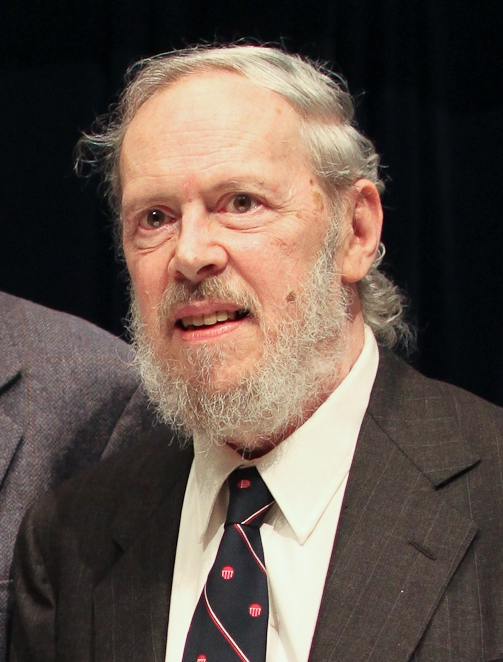- Who developed C language?
C programming language was developed at Bell Laboratories in 1972 by Dennis Ritchie.
- What is structured programming?
It is a programming technique that assumes the disciplined use of a few coding structures and the use of top down concepts to decompose main functions into lower level components for modular programming.
The main aim of this technique is to improve the programming process through better organization and with better programming notations to facilitate the correct and clear description of data and control structures.
- What are comments and how do you insert it in a C program?
Comments are a great way to put some remarks or description in a program. It can serves as a reminder on what the program is all about or a description on why a certain code or function was placed there in the first place. Comments begin with /* and ended by */ characters. Comments can be a single line, or can even span several lines. It can be placed anywhere in the program.
- What are reserved words?
Reserved words are words that are part of the standard C language library. This means that reserved words have special meaning and therefore cannot be used for purposes other than what it is originally intended for. Examples of reserved words are int, void, and return.
- Is it possible to have more than one main() function in a C program?
The function main() can appear only once. The program execution starts from main
- What is modular programming?
It is a programming technique that produces relatively small, easily understandable computer modules.
A complex or large program is broken into a number of logically self-contained modules.
These modules may be written and tested separately by the number of programmers.
Finally, the modules can be then put together to form the complete program/system.
- What is the difference between interpreter and compiler?
Interpreters translate the high level language to machine level language line by line
Whereas Compilers translate the entire program into machine level language.
- What is a compiler?
A compiler is a program that takes source code as its input, check the entire program instruction by instruction for its grammatical accuracy, and if the source code is grammatical accurate, then it translates the program again instruction by instruction to machine language and writes to the disk file.
- What is header file in C language?
Header file is a file that contains functions declaration and macro definition for C in built library functions.
All C standard library functions are declared in many header files which are saved as file_name.h.
We are including these header files in our C program using “#include” command to make use of the functions those are declared in the header files.
When we include header files in our C program using “#include” command, all c code of the header files are included in C program. Then, this C program is compiled by compiler and executed.
- Which level is C language belongings to?
C language is belonging to middle level language.
C language behaves as a bridge between machine level (low level) Languages and high level languages.
C language is more user friendly than machine level languages.
And, C language support does not support all the concepts that high level languages offer. So, C programming languages is called as middle level language.

Mr. Sandeep Soni
Founder, Trainer & CEO, Deccansoft Software Services.
Sandeep has 21 yrs of experience working in various Microsoft Technologies/Platforms incl. VB6.0, ASP, VC++, VB.NET, C#. He is involved in managing and architecting projects at Deccansoft. He will be your liaison to Deccansoft, for any kind of communication and project updates. He knows what works and what doesn’t, and what practices are most suitable for design and programming with the ultimate goal of producing a quality system.



